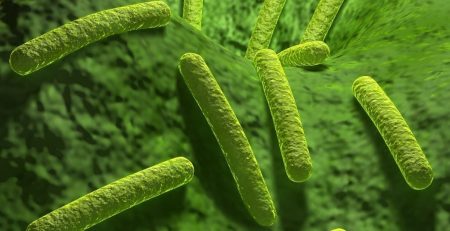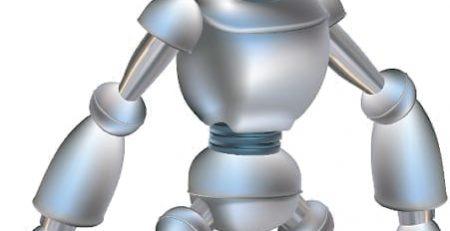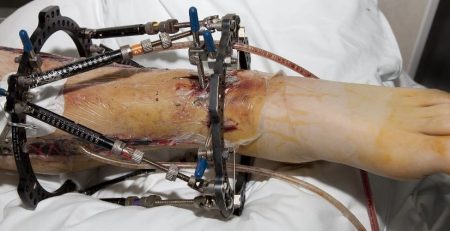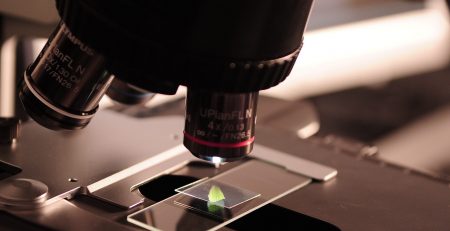The Truth About Tryptophan
The age-old adage about the annual Thanksgiving turkey-induced, post-dinner comma is all too common, especially as the fourth Thursday in November approaches, but is turkey really to blame? According to neuropharmacologist Richard Wurtman of MIT’s Department of Brain and Cognitive Sciences – Not so much. While the serotonin-producing amino acid tryptophan is found in turkey, it’s the sarcest of all of the amino acids you’ll be consuming come November 22, and therefore has a minimal impact on the production of sleep-related serotonin.
Tryptophan’s relationship to the sleep associated hormone melatonin may have also fueled some of the rumors surrounding turkey’s sleep-inducing qualities. Wurtman argues, however, that while it may be a precursor to melatonin, no amount of tryptophan-rich food will boost melatonin production. “Paradoxically, what probably makes people sleepy after Thanksgiving dinner is…dessert,” Wurtman told Scientific American. “Eating carbohydrates increases brain serotonin in spite of the fact that there is no tryptophan in carbohydrates.” Stanford University biologist H. Craig Heller also has another theory; we’re simply scarfing down too much food. “Studies have indicated that stretching of the small intestine induces sleepiness and a protein-fat loading of the stomach induces sleepiness, and more blood going to the gastrointestinal tract means less going elsewhere,” Heller said.














